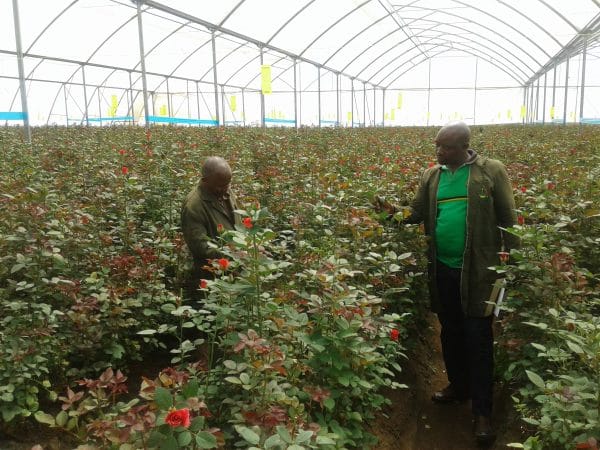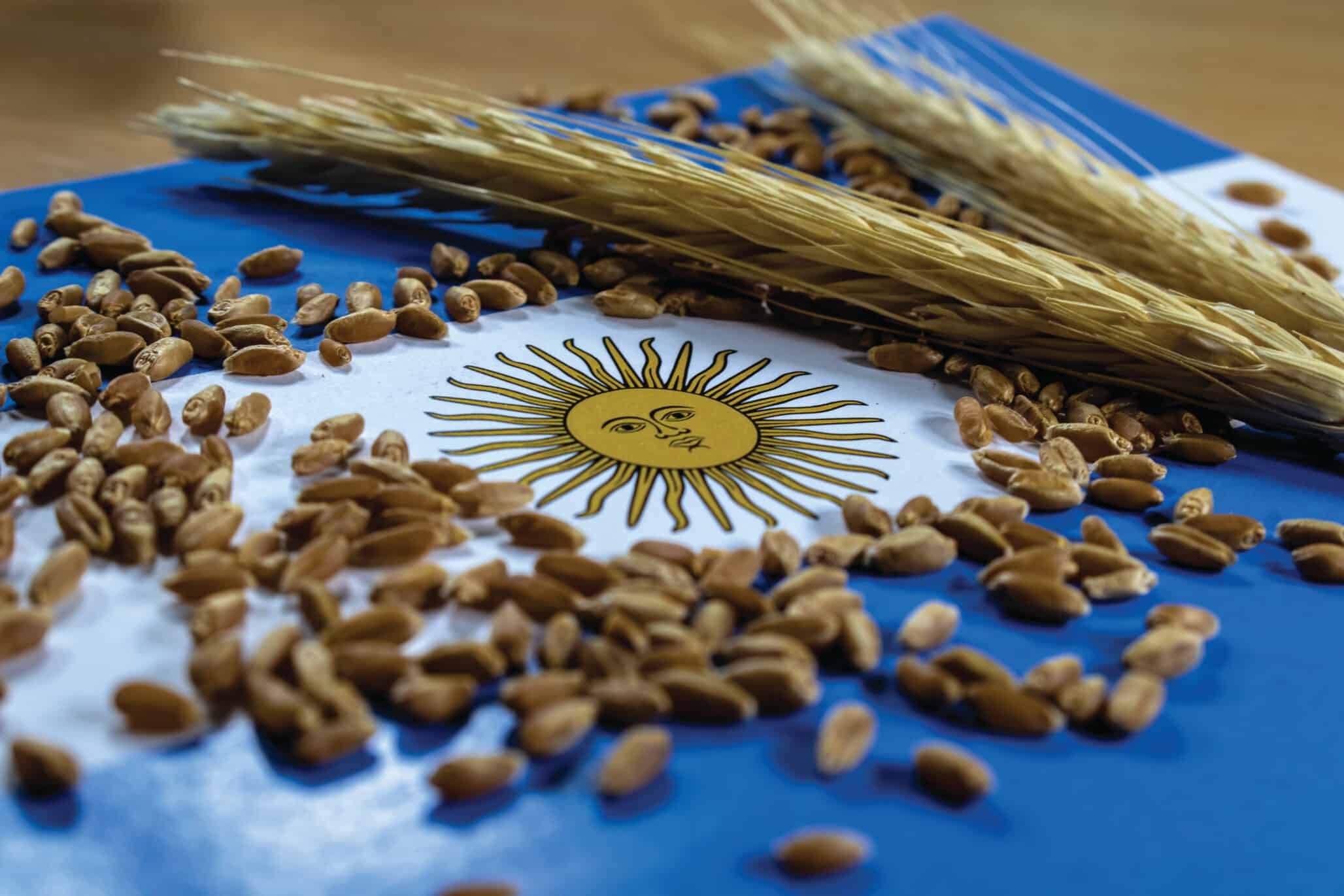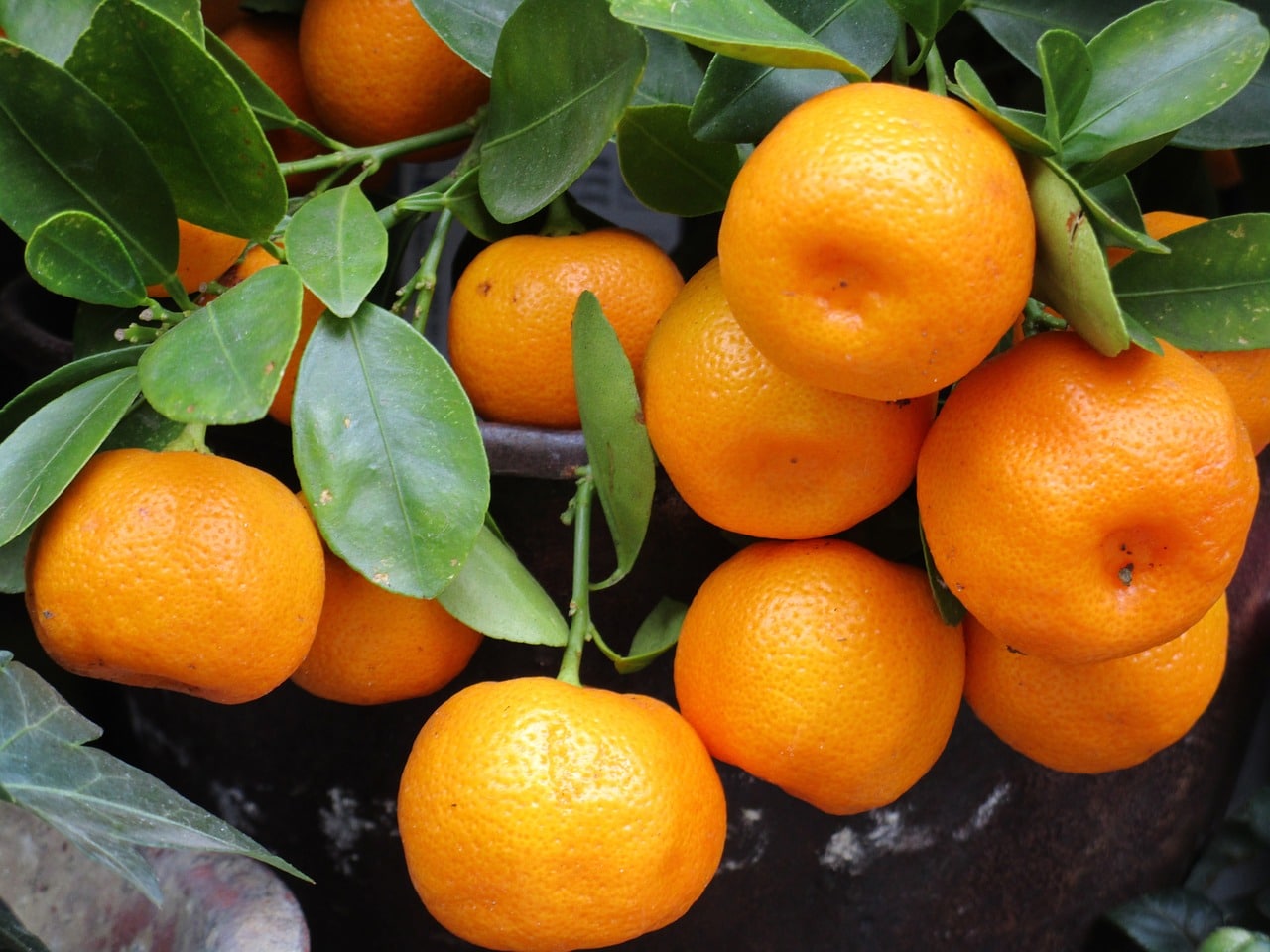The agriculture sector accounts for 22% of Kenya’s GDP, with the majority of the population dependent directly or indirectly on agriculture. Kenya has a well-established seed sector and is a member of regional and international institutions relevant to the seed sector.
Kenya acceded to UPOV under the 1978 Act of the Convention on 13 May 1999. The motivation to join UPOV was because of the need to promote breeding by having an internationally recognized plant variety protection (PVP) system. Having an internationally recognized PVP system encourages local and international breeders to develop and commercialize superior varieties since they can recoup investments from breeding through royalties. Availability of superior varieties would in turn help farmers increase productivity.

Kenya acceded to the 1991 Act of the UPOV Convention in May 2016. The 1991 Act provides a stronger protection for the breeder. The extension of protection to harvested materials and products made directly from harvested materials enables the breeder to recover their investment for cases where they did not have sufficient opportunity to exercise rights on propagating material. Further, the 1991 Act allows contracting parties to provide for a farmers’ exemption on farm-saved seed without jeopardising the interest of the breeder. This is particularly important in Kenya, where farmers have the practice of saving seed of certain crops.
Since joining UPOV, significant changes were noted in the field of breeding. Locally, the number of breeding entities increased significantly. Traditionally, breeding activities were restricted to public breeders, but with implementation of a PVP system and UPOV membership, there was significant breeding activity among breeders from the private sector. There was also a remarkable change in the diversity of species with breeding programmes.
Quite remarkable is the growth in the floriculture sector due to introduction of elite varieties of roses and other ornamental species that produced a significant increase in exports and associated income.
The floriculture industry has recorded growth in volume and value of cut flowers exported every year, with an increase from 10,946 tons in 1988 to 159,691 tons in 2017. In 2017, the floriculture industry earned USD 823 million. PVP enables breeders to sell their elite varieties in Kenya since they are protected.
Specific impacts
- Increase in the number of breeding entities
Initially most breeding work was done by the National Agricultural Research Institute. However, with the implementation of PVP and liberation of the seed industry in the country several new breeding entrants have come on board, namely university scientists, foreign seed companies, domestic companies and breeding entrants in horticultural industry.
- Increased breeding activities, commercialization and collaboration between breeders
An increased level of activity has been observed in the seed industry involving domestic and foreign breeders. Increased collaboration of domestic breeders with foreign breeders and international institutions has been noted. This involves capacity building, funding, germplasm exchange and commercialization of foreign varieties in Kenya. Breeding entities collaborate with farmers and local institutions during evaluation of new varieties. This creates employment and extension of the knowledge base for farmers and institutional staff involved.
Additionally, there has been an increase in the diversity of crops and target attributes. Previously, varieties were assessed for release on the basis of their yield performance. However, in the recent past, varieties were released based on attributes other than yield, such as stem rust resistance in wheat, fiber and lint quality in cotton, brewing quality in barley, processing quality (crisps and French Fries) in potato and tolerance to Maize Lethal Necrosis.
Quite significant has been the development of nutrition rich varieties of various crops including beta carotene-rich sweet potato, iron-rich beans and indigenous crop varieties.
- Enhanced Access to Foreign Bred Materials
The PVP system has encouraged foreign breeders to introduce their varieties into Kenya. This has improved farmer access to elite varieties, with increased productivity especially in ornamentals and potato. Further, international breeders have incorporated their companies domestically to produce and market their varieties.
- Generation of Foreign Exchange and Employment
More than half of the varieties for which PVP has been applied in Kenya are ornamentals. Given the conducive weather conditions for flower and ornamental plants production, Kenya has continued to attract a number of breeders to commercialize their elite varieties, which are grown for sale in the European market. This has contributed to Kenya being the largest single source of floriculture imports into the European Union. To sustain the production for the market, the floriculture industry requires a large labour force. Over 500,000 people depend on this industry and over 2 million people impacted indirectly.
- Capacity building and international cooperation
Membership to UPOV has resulted in international cooperation with other UPOV member countries, who have wide experience in plant variety protection. Kenya has benefited from this cooperation in terms of training and sharing of experiences.
The provision for international cooperation in DUS testing among UPOV members has made it possible for Kenya to acquire DUS reports from other UPOV members, thus shortening the period for processing of grants for PVP. Participation in UPOV meetings enables Kenyan experts to play a role in the process of development of harmonized technical guidelines. As a result, Kenyan examiners have access to readily available UPOV Test Guidelines for DUS testing.
- Increased level of awareness of PVP service
This has been achieved through elaborate outreach programme to sensitize stakeholders on the objectives, benefits and processes of PVP. Awareness creation efforts have also been strengthened by availability of resource persons provided by the UPOV Secretariat and member countries. A critical indicator of this is the development of institutional IP policies by most institutions doing research in plant sciences.
- Mutual exchange of information
Membership to UPOV has enabled Kenya access to data on PVP, exchange of journals on PVP and exchange of training materials.
- Development of the Seed Sector
PVP has contributed significantly to the development of the formal seed sector, where farmers have access to high quality seeds. A functional PVP system affords breeders the confidence to market their varieties, without fear of infringements. Requirements for varietal distinctness, uniformity and stability facilitate the availability of varieties with clear descriptors, a very important aspect for a formal seed system. Currently, there are over 130 registered seed companies, 70 of which are actively involved in production/importation and marketing of diverse kinds of seeds. A formal seed sector cushions farmer’s from receiving seeds that are not varietal pure.
The seed sector provides great opportunities for growth and is an important vehicle towards achieving food and nutritional security and wealth creation in agriculture. An internationally recognised plant variety protection system is key to driving a thriving seed sector. It is imperative for African countries to consider establishment of plant variety protection systems and UPOV membership.
Editor’s Note: Dr. Esther Kimani is Managing Director, Kenya Plant Health Inspectorate Service












